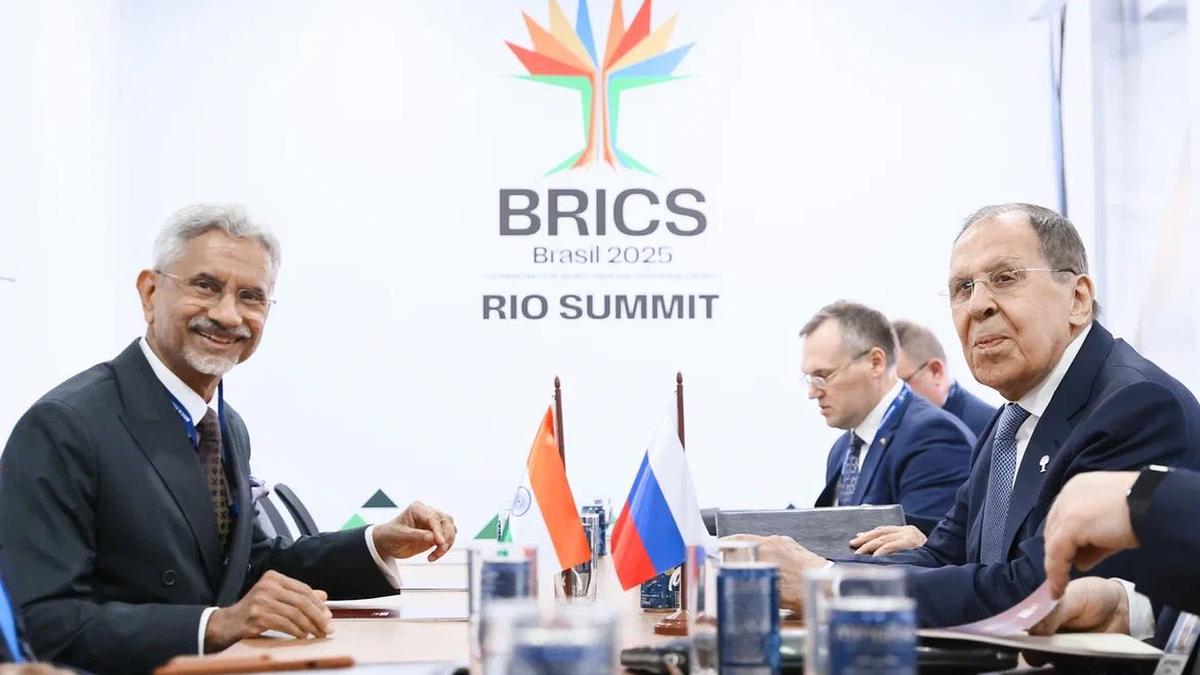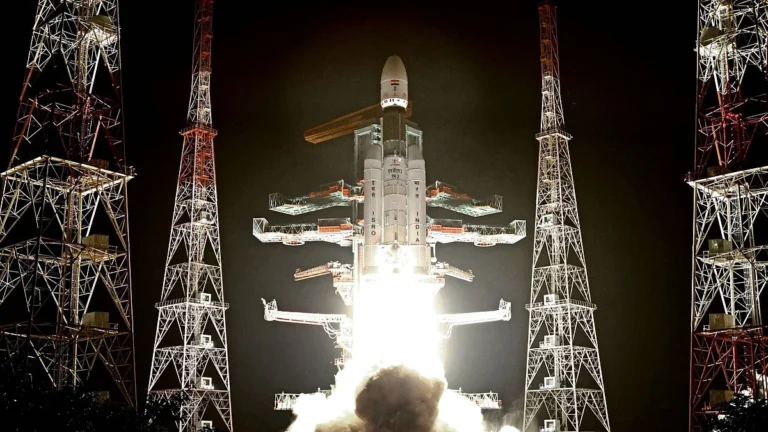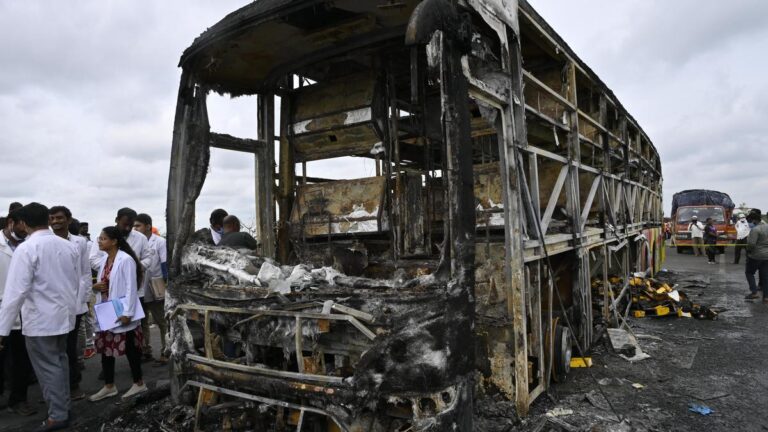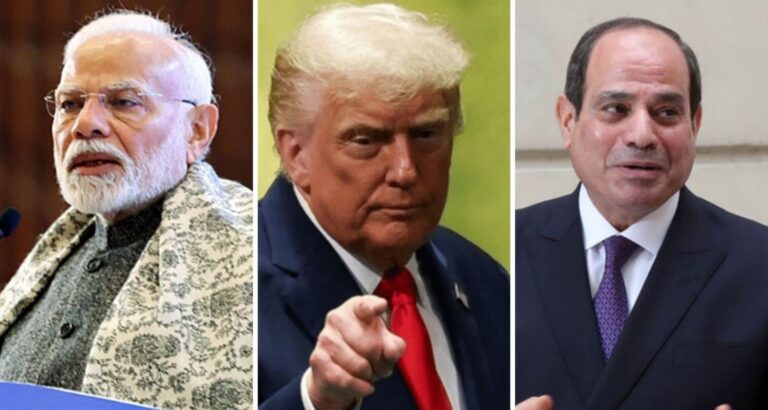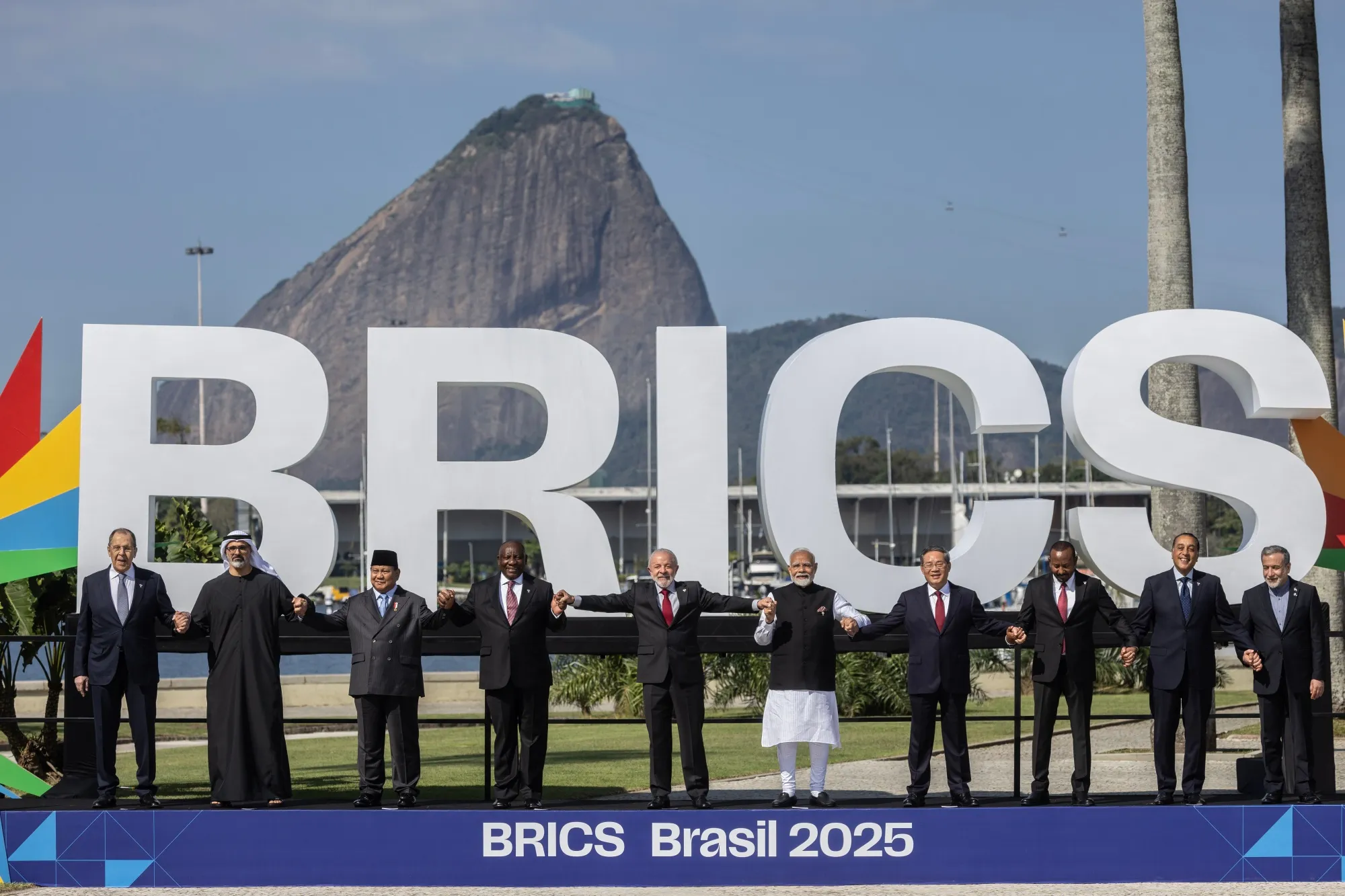
A Subdued Presence
At the recently concluded BRICS Summit 2025, held in Kazan, Russia, the presence of both Russia and Iran was notably subdued. Despite Russia being the host, the spotlight was clearly on emerging economies from the Global South such as Brazil, South Africa, and new entrants like Egypt and Ethiopia. Iran, which joined BRICS in the latest expansion wave, also found itself largely relegated to the sidelines during key plenary discussions.
Shift in BRICS Priorities
The summit marked a strategic shift in BRICS’ priorities, with a clear push to rebrand the group as a platform for economic cooperation and development, rather than a counter-West bloc. Discussions centered on trade in local currencies, development financing, and climate resilience. Russia and Iran—both under Western sanctions and more focused on geopolitical resistance—seemed out of sync with the new narrative that emerging members preferred.
Global South Emerges as Key Driver
Countries from the Global South, especially from Africa and Latin America, dominated the discourse, pushing for reform in global financial institutions, fair trade access, and increased infrastructure support. Leaders like Brazilian President Lula da Silva and South African President Cyril Ramaphosa drew attention for their proactive economic and diplomatic pitches. In contrast, Russian President Vladimir Putin, although vocal in his opening remarks, took a more reserved role thereafter.
Iran’s Symbolic Role
Iran’s participation, while symbolically important due to its anti-Western stance and resource wealth, failed to translate into tangible influence during key policy talks. Observers noted that Tehran lacked allies within the bloc to push its regional concerns, particularly regarding sanctions relief and Middle East security. The Iranian delegation focused on side meetings but remained peripheral to core BRICS declarations.
Strategic Optics or Isolation?
While BRICS insists it remains inclusive and multipolar in spirit, the optics of this summit suggest a subtle distancing from members heavily entangled in geopolitical conflicts. Analysts believe the bloc is trying to avoid being perceived as an anti-West alliance and is instead leaning toward economic diplomacy. This shift could further isolate Russia and Iran within the grouping if they don’t recalibrate their focus toward collective developmental goals.
Conclusion
As BRICS evolves into a larger, more diversified bloc, legacy members like Russia and newly inducted players like Iran may need to adapt to the changing tone and agenda—or risk being increasingly marginalized in a space they once dominated.
